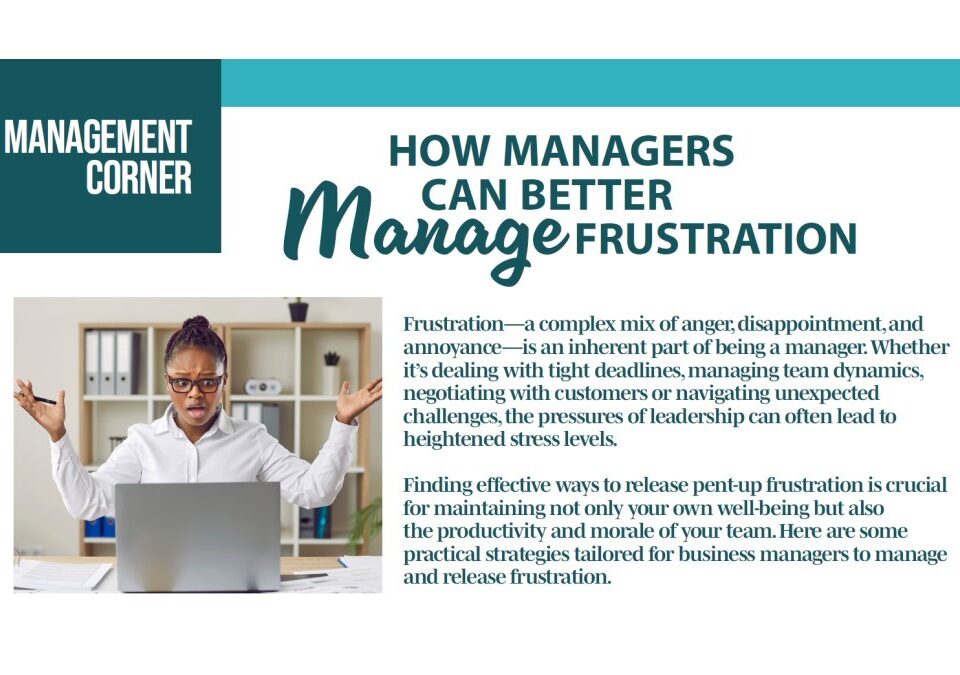
Fencetech 2023 & METALfab Oklahoma City
March 27, 2023
Start-Up Stories – Southwest Automated Security
April 26, 2023Understanding How Business Credit Operates
Most people understand how personal credit works and have a general idea of what their credit score means, but when it comes to launching a small business, entrepreneurs often have limited understanding about how business credit operates.
If the business is owned by more than one person, whose credit determines what kind of loans the business will get? What if it’s a sole proprietorship? Does business credit affect personal credit and if so, how? These are common questions that many entrepreneurs have when they’re trying to figure out how to build their business. Ideally the small-business owner would understand how it all works before starting up, but for many, the questions don’t arise until they’re already going down the business-building path. One benefit of understanding the basics of business credit before implementing your business plan is that you can have more realistic expectations of what kind of credit you will receive. It’s also smart to get personal credit in order before launching your business.
Business credit is typically separate from personal credit; there are separate credit cards, checking accounts, and savings accounts. But that doesn’t mean you can neglect or underestimate the importance of your personal credit history when it comes to your business. Personal credit history plays a role in determining what kind of credit lenders will provide, whether you’re a sole proprietor or going into business with partners. In case of the latter, lenders will often want to know the financial history of all co-owners to determine the risk level of lending the business money.
How financial history is calculated depends on how the business is organized. If you structure your business as a sole proprietorship or partnership, your personal credit information is tied in more closely with business credit. Often your personal assets can be used as collateral in case of unpaid business debt. If you structure yourself as an LLC or corporation, you have the benefit of liability protection and you can typically obtain credit under the business’s name, which means lenders don’t necessarily have to check your personal credit history. However, it’s not unusual for lenders to check personal histories of all the owners in the business to provide for initial start-up funds. It’s also wise to keep personal credit intact in case you need to rely on it later to obtain funds to grow or improve your business.
Once your business is registered with business credit bureaus, your business profile will take on its own history much like your personal credit. As with any debt, entrepreneurs should be sure to pay on time and operate their business within reasonable financial means.




